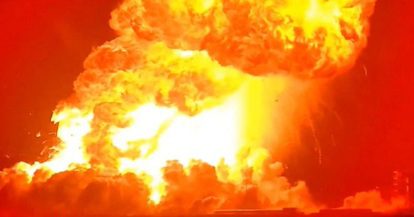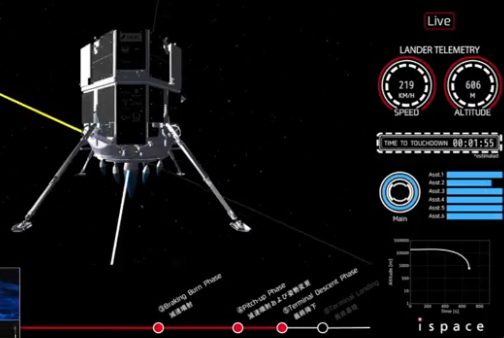The time is now 1950h local time [Denver, Colorado] on 26 February (the publication times on this blog are GMT), at the end of day one of the conference and depending upon where the wi-fi is working tomorrow morning (Wednesday 27 February) I will either be in the “International Collaboration and Global Exploration” session or the “[Shuttle to Constellation] Transition: A Look Ahead” session or moving between the two – they both start at 0830h and carry on till 0945h
Find some of the presentations from day one on NASA’s website here“International Collaboration and Global Exploration” moderator is Dr. John Logsdon, Director of the Space Policy Institute, Elliott School of International Affairs, George Washington University
“A virtual armada of spacecraft from many nations are heading toward rendezvous with locations where humans may eventually live and work. NASA and its counterpart organizations involved in the Global Exploration Strategy are actively working to exchange information on national plans as well as establish bilateral and multilateral partnerships where it makes sense in conducting human and robotic space exploration. This session will seek to continue to inform and provide information on how NASA and some of its it counterparts around the world have been doing internationally in both science and exploration systems collaboration, the arrangements that have been reached or are in the process of being finalized, and what all of this activity means for the future sustainability of space exploration.”
Panelists:
Mr. Ju Jin, Minister Counselor for Science and Technology, Chinese Embassy, Washington
Dr. Sylvie Espinasse, Observation of the Universe Department, Italian Space Agency
Mr. Yevgeny Zvedre, Science and Technology Attache, Russian Embassy, Washington
Mr. Tom Cremins, Deputy Associate Administrator-Management, Exploration Systems Mission Directorate, NASA
Professor Junichiro Kawaguchi, Japan Aerospace Exploration Agency
While the moderator for “Transition: A Look Ahead” is Dr. John Olson, Transition Manager, Exploration Systems Mission Directorate, NASA
“The NASA Transition Panel will address the unique challenges and opportunities associated with retiring the Space Shuttle and will focus on the future of space exploration as NASA transitions to the new Constellation program that will provide transportation to the International Space Station and return humans to the Moon. The panel will highlight the complex effort underway to safely and efficiently prepare NASA personnel, programs, and processes for the next 30 to 50 years of human and robotic space exploration. It will provide an overview of the current Transition activities and accomplishments, including the scope, plan, status, and timelines. The NASA Headquarters, institutions, Center, program, and contractor panel representatives will give insight into the broad scope and diversity of Transition perspectives on the impact of the NASA Transition on workforce and skills, infrastructure and facilities, plus program performance and scheduling. A detailed Question and Answer session will allow audience engagement on this hot topic.”
Panelists:
Mr. Joel Kearns, SOMD Transition Manager, Space Operations Mission Directorate, NASA
Mr. Richard Wickman, Infrastructure Transition Manager, Infrastructure and Administration, NASA
Mr. Jeff Hanley, Constellation Program Manager, NASA JSC
Mr. William W. (Bill) Parsons, Director, NASA KSC
Mr. Cleon Lacefield, Vice President and Orion Program Manager, Lockheed Martin Space Systems Company
Mr. Jim Chilton, Vice President/Program Manager, Exploration Launch Systems, The Boeing Company
Ms. Anne Martt, VP Constellation & Program Manager, United Space Alliance






